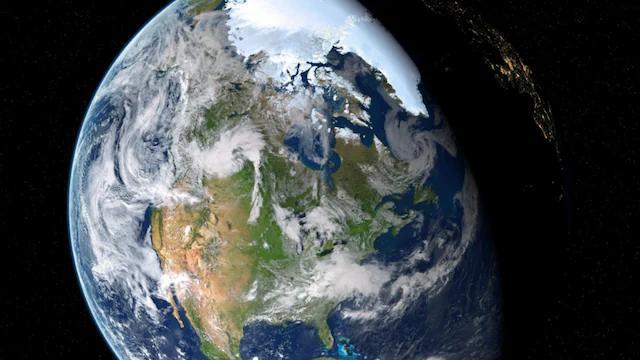
Earth’s Rotation Marks Second Shortest Day of the Year
As we mark the passing of yet another day on our planet, it’s worth noting that the Earth’s rotation has beaten its usual pace, resulting in a day approximately 1.34 milliseconds shorter than the standard 24 hours. This phenomenon makes July 22 the second shortest day of the year so far, with July 9 taking the top spot by a mere 0.02 milliseconds.
The Earth’s rotation is a complex and fascinating process, influenced by various factors such as the planet’s mass, its equatorial bulge, and the gravitational pull of other celestial bodies. While it’s not uncommon for the Earth to experience slight variations in its rotation, this recent anomaly has sparked curiosity among scientists and the general public alike.
According to reports, the Earth’s rotation accelerated by a mere 1.34 milliseconds on July 22, resulting in a day that was 0.13 seconds shorter than the usual 24-hour cycle. This may seem like a tiny difference, but it’s precisely these minute variations that can have significant implications for our understanding of the Earth’s behavior.
So, why is the Earth spinning faster than usual? There are several theories, but one of the main culprits is the gravitational pull of the Moon. As the Moon orbits the Earth, it exerts a slight force on our planet, causing it to bulge out in the direction of the Moon. This effect, known as tidal acceleration, slows down the Earth’s rotation over time.
However, this is not the only factor at play. The Earth’s rotation is also influenced by the movement of tectonic plates beneath its surface. As these plates shift and collide, they release stress and energy, which can cause the planet’s rotation to speed up or slow down.
Another theory suggests that changes in the Earth’s atmosphere may also play a role in the planet’s rotation. Weather patterns, such as high-pressure systems and jet streams, can affect the distribution of mass around the planet, causing the rotation to accelerate or decelerate.
Despite these theories, scientists are still working to fully understand the underlying causes of the Earth’s rotation. As our planet’s rotation is a complex and dynamic process, it’s likely that multiple factors are at play, working together to create these subtle variations.
So, should you be worried about the Earth’s spinning faster? The answer is no. The effects of a slightly faster rotation are minuscule and have no significant impact on our daily lives. In fact, the Earth’s rotation is so consistent that scientists can use it as a reference point for measuring time.
In conclusion, the Earth’s rotation marks a fascinating phenomenon that is still not fully understood. While the 1.34-millisecond difference may seem insignificant, it’s precisely these minute variations that can reveal valuable insights into the workings of our planet.
As we continue to monitor the Earth’s rotation, scientists can gain a better understanding of the complex forces that shape our planet. And who knows, maybe one day we’ll uncover the underlying causes of these anomalies and gain a deeper appreciation for the intricate dance of celestial bodies that govern our universe.






